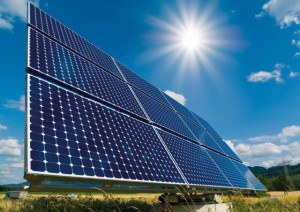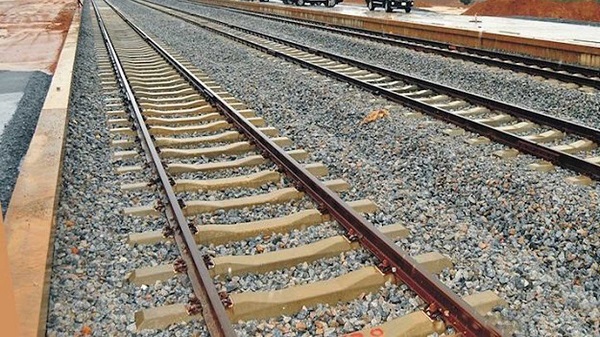FG targets solar power for industrial centres

The Federal Government has commenced moves that will ensure the provision of electricity to industrial areas using energy from the sun.
It stated that its drive to provide solar power for industries was due to the enormous pressure on the country’s electricity grid as well as the limited quantum of power provided by power generation companies.
Vice-President Yemi Osinbajo disclosed this in Abuja at a brief ceremony to mark the deployment of 20,000 units of solar home systems provided by the Niger Delta Power Holding Company of Nigeria to selected rural communities in Nigeria.
He said Nigeria could not take all its power from the national electricity grid, adding that in the next few years, it would not be absolutely right to connect everyone to the grid.
“This is because we will be deploying off-grid solutions and we want to do that in industrial areas so as to effectively support the grid. And this Wuna village here in Abuja is an industrial area,” he said.
The vice-president also stated that rural communities across the country would benefit from the deployment of solar power systems, adding that the government had consulted private investors to support the initiative.
He said, “Wuna village is the first place where this solar home system is deployed, but let me say that this will be replicated all over Nigeria. We are starting with 20,000 (units) and I’m sure that we will ramp up very quickly.
“We’ve been talking to the private sector about involving themselves in this project. We think that as solar power becomes cheaper, and it is becoming practically cheaper day by day, we will be able to afford to do even more.”
The Managing Director/Chief Executive Officer, NDPHC, Mr. Chiedu Ugbo, said about 70 million Nigerians were without any connection to the national power grid.
According to him, these Nigerians rely on rudimentary lighting systems characterised mainly by use of kerosene lamps, candles and petrol generators with attendant health and safety risks, as well as financial challenges.
He said, “But by the solar home system initiative, NDPHC will be actively involved in the process of bringing power to these rural communities, thereby stimulating social and economic activities in the areas located off the grid.
“The NDPHC has deployed 200 units of the SHS as pilot programme in Wuna. The beneficiaries of the 20,000 units are among the already identified communities of the 19 northern states of the federation. The units will be deployed within a period of 12 months.”
Ugbo said his firm adopted a community-based approach that allowed low-income rural dwellers to make a monthly payment for energy and for the acquisition of the SHS unit after a certain period of time.






